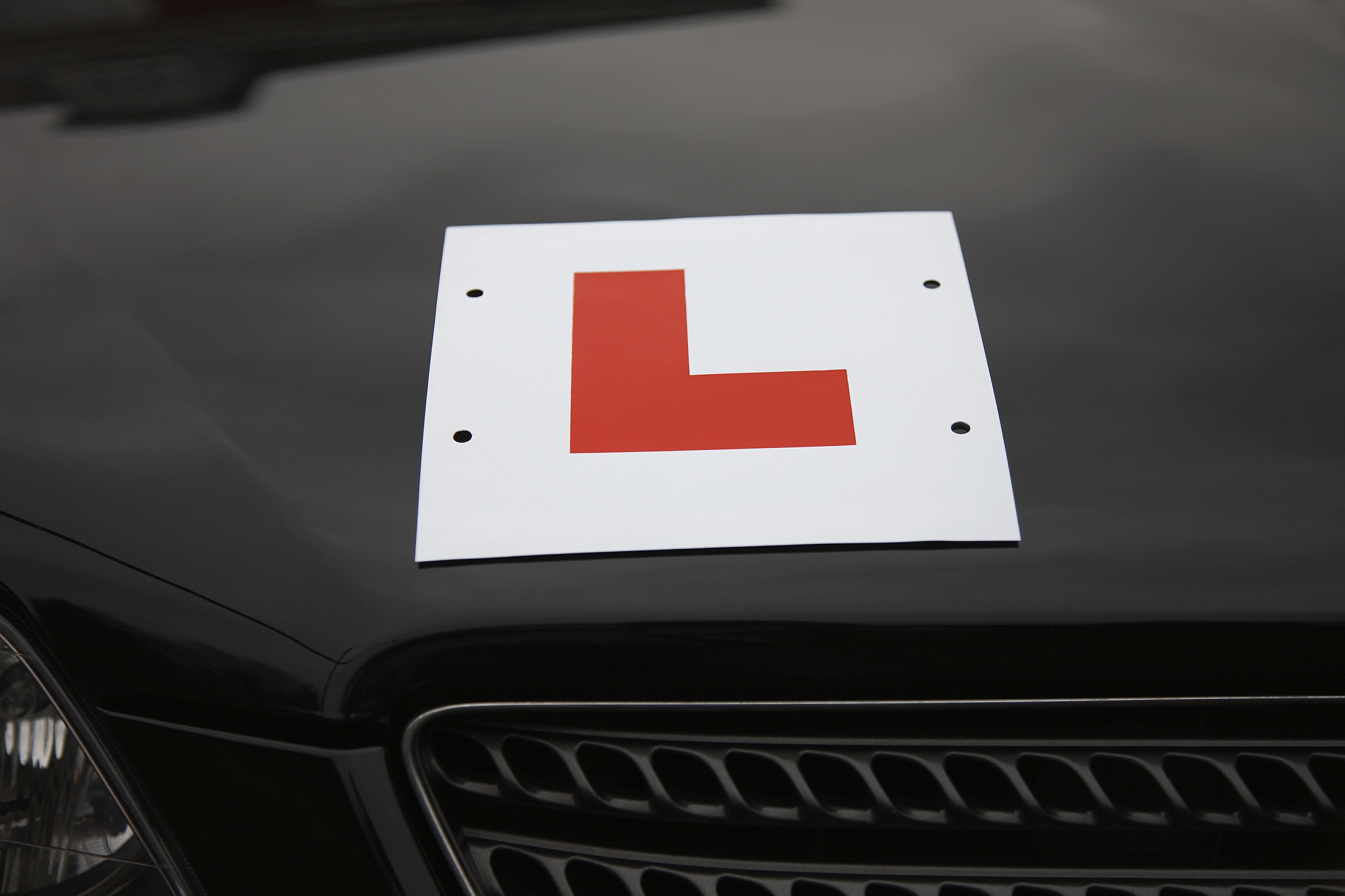
A recent survey published during Learner Driver Week has revealed 80 % of young drivers admit they’ve picked up bad habits since learning to drive.
The poll, carried out by Marmalade, showed 37% of young drivers in Scotland do not check their mirrors as often as they should, whilst 28% do not always comply with the speed limit and 15% take more risks than when they started behind the wheel.
Of all the regions surveyed, Scotland has the highest number of young drivers who break the speed limit and the highest number who do not indicate, but the least amount who consider themselves to take more risks.
Young drivers also admit to ‘general laziness’, with many saying that they no longer hold the steering wheel with both hands. Other bad habits include braking too late and not judging others’ speed well.
The results have raised questions sbout whether the current driving test equips learner drivers with the confidence and skills to be a good driver for life.
When asked what concerns learner drivers have about learning to drive, the top worries are other road users (19%), accidents (18%), stalling (15%), manoeuvres (13%) and roundabouts (11%).
Chris Bensted, Approved Driving Instructor (ADI) and co-owner of Better ADIs and Better Driver Training, said: “Whilst taking a driving test is a huge milestone in your life, it’s not as difficult as real-life driving – it’s not an end-goal and learning doesn’t end there, so it’s important to make the actual learning and gaining confidence the priority.”
Louise and Blaine Walsh, owners of Driving Instructor TV, one of Learner Driver Week’s partners, believe the UK’s worst driving habits change during a person’s driving career.
Louise said: “Everyone develops habits whilst driving, and these aren’t necessarily a bad thing until they jeopardise safety. In terms of basic driving skills, bad habits shouldn’t develop if you’ve been taught properly. However, the worst habit that we see is people driving too close to each other. If you’ve been driving too close to someone and nothing bad has come from it, it’s subconsciously reaffirming that the behaviour is okay and it isn’t.
Blaine said: “Complacency is another bad habit that the nation is guilty of. It’s been found that a large proportion of accidents happen within a really small radius of the home. Not only because these are the roads people commonly drive on, but because we become so familiar with our surroundings and drive on autopilot. The one time that something is different, such as having to stop at a roundabout that’s usually quiet or slow down for parked cars at the side of a normally empty road, we don’t react quickly enough and it causes accidents.
“You’d think that after someone has an accident, they’d learn and be less likely to be involved in another. In fact, the opposite is true, which is why insurance costs go up after claims are made. Too many people don’t have the self-awareness to recognise that it was actually their driving that caused an accident and it can happen again and again.”
To find out more about the first ever Learner Driver Week or to enter the competition to find the nation’s best driving instructor visit: www.learnerdriverweek.co.uk

Enjoy the convenience of having The Sunday Post delivered as a digital ePaper straight to your smartphone, tablet or computer.
Subscribe for only £5.49 a month and enjoy all the benefits of the printed paper as a digital replica.
Subscribe